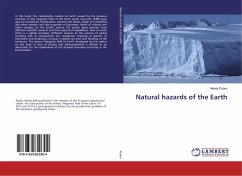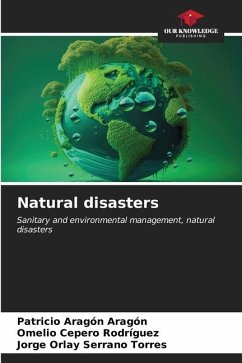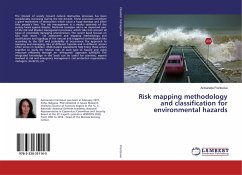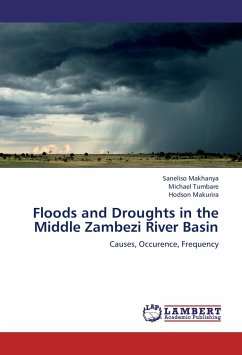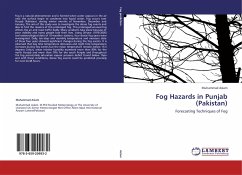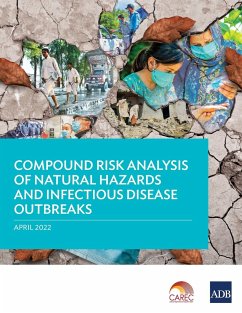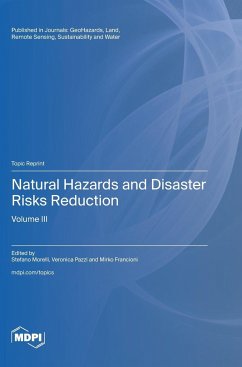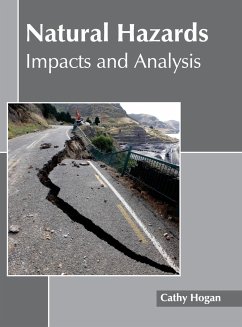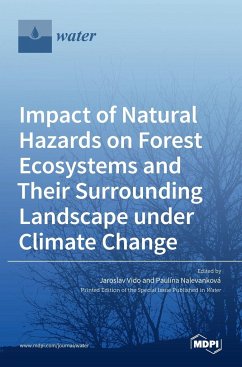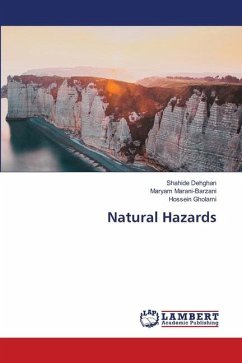
Natural Hazards
Versandkostenfrei!
Versandfertig in 6-10 Tagen
29,99 €
inkl. MwSt.

PAYBACK Punkte
15 °P sammeln!
Natural disasters are a set of harmful events that are not of human origin. These events are usually unpredictable or at least their occurrence cannot be predicted for a long time. Natural disasters have different types. Earthquakes, floods, hurricanes, tornadoes, tsunamis, hail, avalanches, lightning, extreme temperature changes, droughts, and volcanoes are examples of natural disasters. Currently, three approaches or paradigms of thought are emphasized in the literature on the vulnerability of societies to natural hazards. The role of humans and land use in the occurrence of landslides is ex...
Natural disasters are a set of harmful events that are not of human origin. These events are usually unpredictable or at least their occurrence cannot be predicted for a long time. Natural disasters have different types. Earthquakes, floods, hurricanes, tornadoes, tsunamis, hail, avalanches, lightning, extreme temperature changes, droughts, and volcanoes are examples of natural disasters. Currently, three approaches or paradigms of thought are emphasized in the literature on the vulnerability of societies to natural hazards. The role of humans and land use in the occurrence of landslides is extremely important, and among these factors, road construction in the region by humans has the first priority in the occurrence of landslides. The complete cutting of forest trees by humans is the second priority. In addition to these factors, natural factors are also effective on the occurrence of landslides, among which the factors of geological formation, fault, slope, and vegetation cover, and finally climate. Workers have to work at high altitudes, control heavy equipment or carry heavy tools and are exposed to loud noises for many hours of the day, which puts them in dangerous situations.





